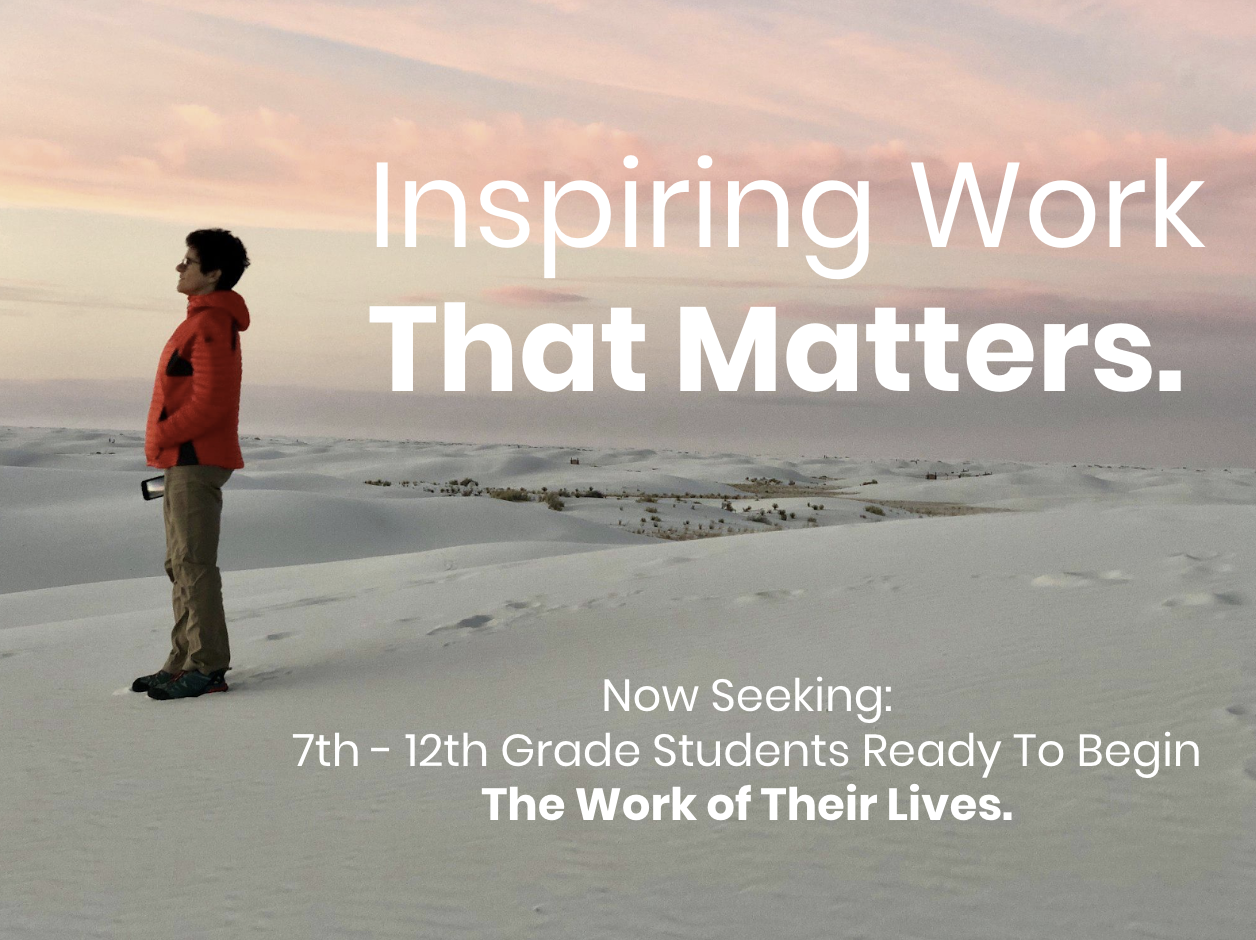Perfection Is Asymptotic: Reflections on Lessons Learned at Stone
Stone Alumnus Piper Stagg reflects on how the skills she acquired at Stone are informing her work as a double major in Marine Science and Outdoor Business and Innovation at the University of New England.
For the past semester and a half, I have been a part of a team of students who are working with Dr. Patricia Thibodeau from the School of Marine and Environmental Programs to establish a plankton ecology lab at the University of New England. My team and I have been working to analyze data on the abundance of copepods in an Oxygen Minimum Zone in the southeastern Pacific Ocean so that we can ultimately understand how the trophic webs in this area will change as the Oxygen Minimum Zone expands.
The work that I have been doing is uncredited and unpaid, and yet it is incredibly fulfilling. In my free time, I am generating figures in R. I am calculating the species richness in different samples based on their depth. I am interpreting oceanographic diagrams on oxygen content, salinity, and ecological zones. The figures that I am generating now will be presented at UNE’s research symposium in a poster presentation this May.
This all seems overwhelming when put on paper like this, but I can pull specific skills from classes I took at Stone which have helped me do this.
I learned how to code and generate figures in Mathematical Modeling. I learned how to make these figures clear, meaningful, and beautiful in Structured Curiosity. I learned how to effectively read and interpret maps in Critical Cartography. I learned how to craft a concise and informative scientific poster and write with a scientific voice in Advanced Chemistry. I learned how to present confidently and clearly in Entrepreneurship 1. I learned how to read a large volume of scientific papers in Senior Defense. And I learned that the experience that you gain from intellectual exploration is the most valuable resource that you can possess from Beats.
The data analysis that I am doing today is the result of four years of being a Stone student. Every day that I spent living the Mission, engaging deeply with the work, and making space for curiosity and wonder, has shaped me into the person I am today.
One of the most valuable things I took away from Stone was the idea that “the work is never done.” At Stone, we don’t work for completion – there is no such thing as “good enough”, you are always “getting there”. At Stone, perfection is asymptotic: you can approach it, and you will get infinitesimally close, but there is always room to grow.
I find this idea to be incredibly beautiful.
The work is never done, there is always room to improve. This idea reminds me of Albert Camus's interpretation of The Myth of Sisyphus. Camus proposes that maybe, just maybe, Sisyphus is actually happy. When he is at the bottom of the mountain, there is hope that he will reach the top. When he finally reaches the top, he experiences a moment of happiness before the work begins anew, and that is the iterative process. With each new task, with each new draft, there is the aspiration – to reach the top. As you work, you push your boulder uphill, and when you finish, you have your moment of exquisite joy and relief before it is time to begin the process again. Just as Sisyphus will never stay at the top of the mountain, we will never achieve perfection.
That brings me incredible comfort, it also took me a long time to fully understand.
My figures will never be perfect, they will just get better with each new skill I learn, with each new parameter I add to my code. The experience that you gain, rather than the perfection that you achieve, is what drives your growth.
Being a Stone student taught me that, and I will hold that lesson close.
See also: How We Teach At Stone; STEM Honors at Stone;
